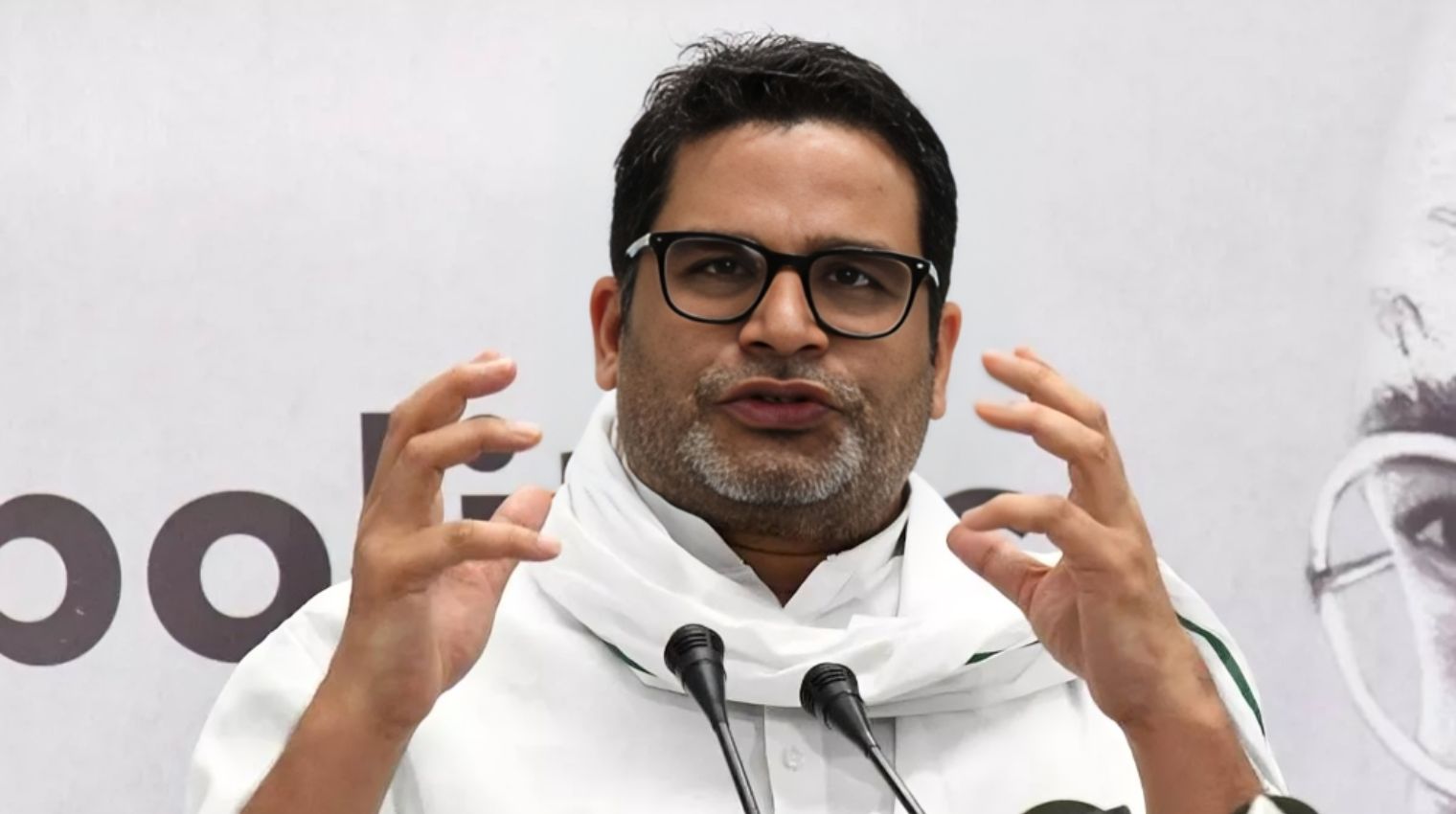Prashant Kishor, an election strategist, made his first U-turn almost immediately after Jan Suraj was created. Jan Suraj’s constitution no longer specifies a minimum qualification. According to reports, this decision was made in accordance with India’s original constitution. This U-turn by PK is currently being discussed in political circles.
After two years of padayatra, Prashant Kishor created the Jan Suraj Party in Bihar. This party plans to run for all 243 seats in the Bihar Assembly in 2025.
They were roaming around and discussing basic qualifications.
During his padayatra in Bihar, Prashant Kishore was walking around and discussing the basic qualification. Prashant stated during Yuva Samvad on August 4, 2024 in Patna that no job can be completed under the leadership of a tenth fail. PK stated that if a leader is not educated, how can he participate in decision-making?
He stated that it must be ensured that only educated people enter politics and serve as public representatives. PK went on to say that when we discussed this at the Jan Suraj meeting, some folks suggested BA, while others suggested Inter (12th) as the minimal level. You all decide what the minimal qualification for contesting elections should be.
No mention of minimum qualifications in the constitution:
The new constitution drafted for Jan Suraj makes no reference of the minimum eligibility for election contests. According to individuals involved with the organization, this was done in accordance with India’s original constitution. According to the Indian constitution, everyone has the right to run for office.
According to an official with the organization, the parties must follow the Indian Constitution. If they do not comply, the Election Commission has the authority to take action. This is why the minimum qualification is not listed in the Constitution.
Article 2 of the Representation of People Act of 1951 provides clear principles in this regard. According to this article, the party’s objectives should be consistent with the Constitution.
Ganesh Ram, a member of the Jan Suraj selection committee, tells TV9 Bharatvarsh on not including minimum eligibility in the constitution: The party’s constitution was based on India’s original constitution.
Ganesh Ram adds, “Is it possible that we implement this in ticket distribution?” Prashant Kishor is working to guarantee that ignorant leaders do not take over the people of Bihar.
A significant portion of the PDA population lacks access to education
A huge proportion of Bihar’s population lacks access to education. The state administration recently carried out an educational study. According to this, 20% of Bihar’s population is illiterate. Whereas 22% of people have only studied 1-5. Approximately 15% of the population has studied up to 5-8. If these three are added together, it approaches 60 percent.
People from Dalit, backward, and minority populations are falling behind in schooling. A poll found that 24 percent of Bihar’s Dalit minority had only completed the fifth grade. The figure for highly backward class persons is roughly the same. 24.65 percent of the EBC population has only completed fifth grade.
According to Jan Suraj sources, this decision was made with these three populations in mind, as outlined in the Constitution. If the minimal qualification had been incorporated in the Constitution, other parties would have labeled it anti-Dalit and anti-backward. Prashant, who is already preoccupied with the caste issue, would have had a difficult time controlling the damage.
What is in the Jan Suraj constitution?
Jan Suraj’s constitution mentions the right to recall. Jan Suraj is the country’s first party to decide to implement this approach. Before contesting elections, all workers would be required to sign an affidavit under the Right to Recall.
According to this, if one-third of the party founders at the local level propose an action against any public official, the representative in question must resign.
In Jan Suraj, the national president will serve for only one year. Currently, the president of each party serves for three years. In Jan Suraj, the president will be elected by rotation.
A Dalit will be elected president in the first year, followed by a backward class person in the second year, a Muslim in the third year, a backward class person in the fourth year, and an upper caste leader in the fifth year.
According to Jan Suraj’s constitution, following the president, the organization’s general secretary will have greater power.


Leave a Reply